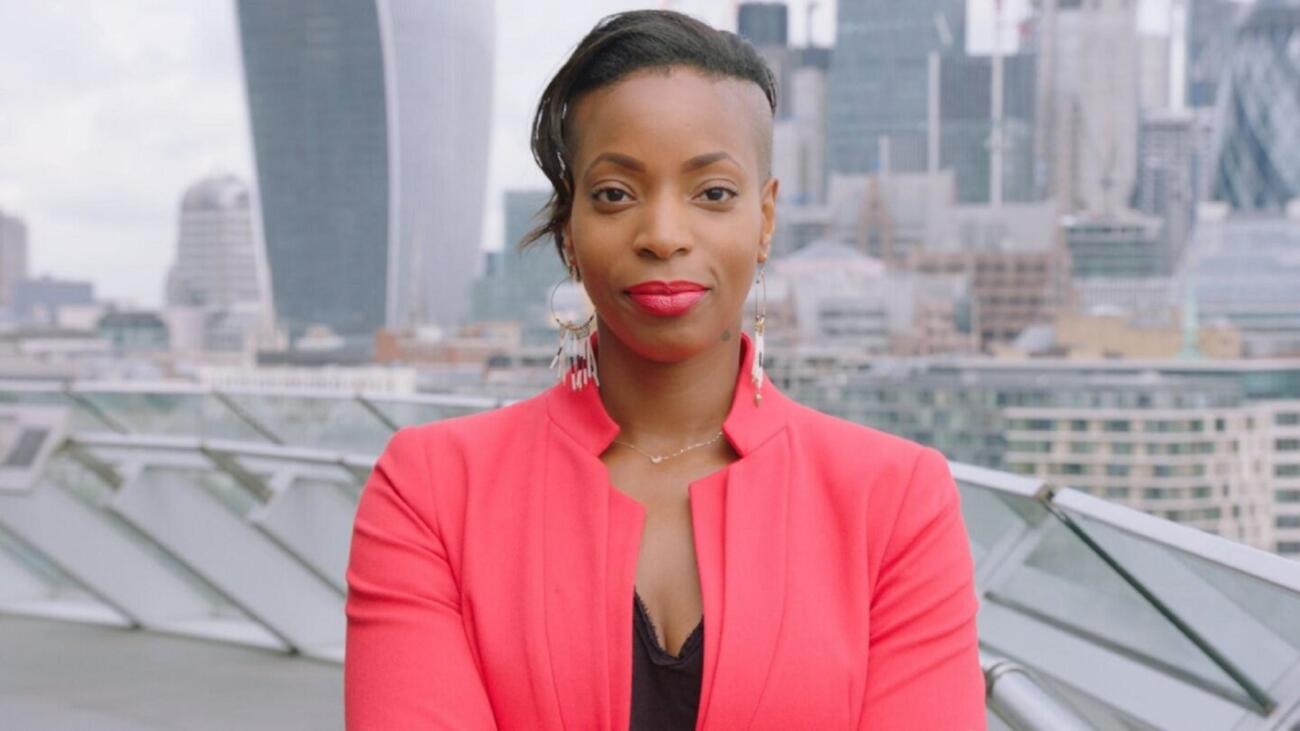Insights

Younger companies must show big businesses how to be sustainable – Natalie Campbell
Sustainability is not only possible but should be the default
It is incumbent on younger, growing companies to show big businesses the way when it comes to sustainability, according to Natalie Campbell, joint Chief Executive of UK-based drinks company, Belu. “I want Belu to be a framework for other businesses to know it is possible to grow and thrive while ultimately benefitting society and giving back to the environment in a regenerative way”, she told guests at a Stonehage Fleming World Earth Day webinar.
Social entrepreneur, Natalie, is a member of the Stonehage Fleming Advisory Board. At Belu, she is CEO of a business that not only produces a range of carbon neutral and ethically sourced mineral waters and filtration systems, but also donates 100% of its profits to WaterAid. Sustainability, she explained, is not something you should have to compromise on in today’s world.
“Belu is founded on a purpose which is changing the way the world sees water. It has been ‘baked in’ from the start. Our primary objectives are aligned to UN Global Goals 6 (sustainable water access), 12 (consumption and responsible production) and 13 (climate action). Everything we do as a business has that in mind.”
When your mission is to be resolute, commercial concessions are inevitable, said Natalie. “Wherever there are trade-offs, there are difficult conversations but as a business you decide which compromises facilitate your purpose first and foremost.” Social enterprises and purpose-led businesses, said Natalie, have the space to put people and the environment first. They are in a sense freer than many of their more established, less nimble counterparts.
“We need our smaller, more agile businesses to prove that sustainability is not only possible, but can be the default”, she said. Once they have, big businesses will have no option but to follow suit: “When larger companies realise they must embrace sustainability or lose customers, we will see seismic shifts.”
That, said Natalie, is the beauty of the moment we work in. “Anyone starting or leading a business today has the option to move forward in a more purposeful, sustainable way. They can show others it can and must be done in order for us all to fight the existential threat of climate change.”